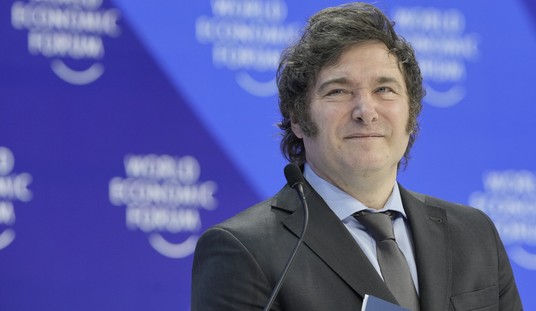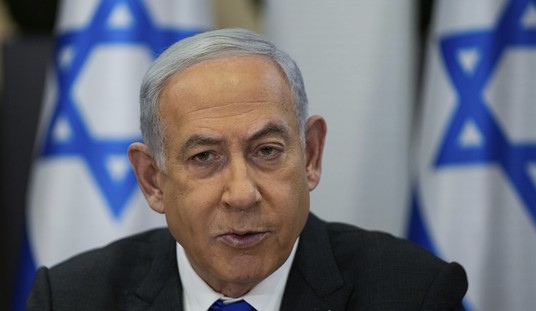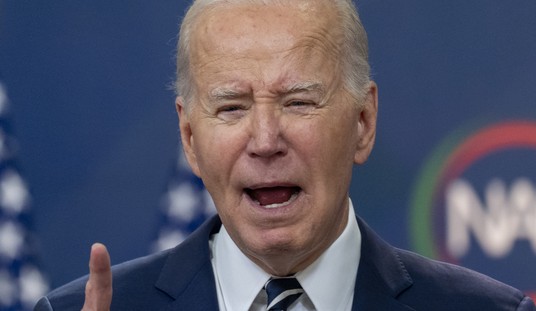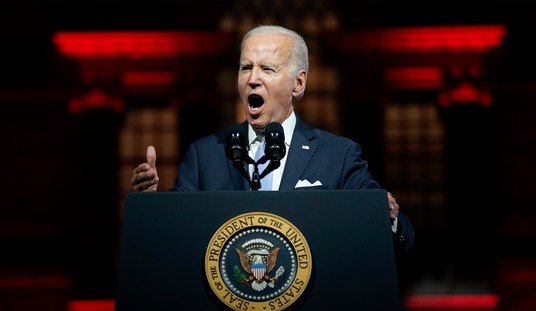“[Charles] Beard always detested war. Hence his writings were slanted to show that the military side of history was insignificant or a mere reflection of economic forces. In his Rise of American Civilization (1927) he led a procession of historians who, caught in the disillusion that followed World War I, ignored wars, belittled wars, taught that no war was necessary and no war did any good, even to the victor. All these antiwar historians were sincere, and few of them were doctrinaire pacifists, as their actions in the last few years prove; nevertheless, their zeal against war did nothing to preserve peace. It only rendered the generation of youth which came to maturity around 1940 spiritually unprepared for the war they had to fight.”
— From Samuel Eliot Morison’s Presidential Address to the American Historical Association, via Ricochet.
In his 2011 book, The New Vichy Syndrome: Why European Intellectuals Surrender to Barbarism, Theodore Dalrymple explored how the meaning of World War One morphed among European intellectuals from the late teens to the 1920s:
At least to the victors, the war did not seem self-evidently senseless, and disillusionment was not immediate. The war memorials to be found everywhere in France are tributes to loss, but not to meaninglessness. The soldiers really did die for France, or so almost everyone supposed; in Britain, my next-door neighbor, who collects coins and medals, showed me some First World War service medals for those who survived the war, with an athletic (and naked) young man upon a horse, wielding a sword as if he were a latter-day St. George about to slay a dragon. One of the medals bore the inscription “The War to Save Civilization.” I doubt that these medals were greeted solely by hollow laughter; for one thing, they would hardly have been preserved so carefully if they had been. And browsing in a bookshop recently, I found a book published in 1918 with the title The Romance of War Inventions. It was an attempt to interest boys in science by explaining how shells, mortars, tanks, and so forth had been developed and how they worked. By the time of its publication, millions had already been killed, and surely no one in Britain could by that time not have known someone who had been killed or at least someone whose child or brother or parent had been killed. It seems to me unlikely that such a publication would have seen the light of day in an atmosphere of generalized cynicism about the war.
“The version of the First World War that is now almost universally accepted as ‘true’ is that of the disillusioned writers, male and female, of the late 1920s and 1930s. The war, according this version, was about nothing at all and was caused by blundering politicians, prolonged by stupid generals and lauded by patriotic fools,” Dalrymple adds.
This sea change in intellectual worldviews during that period would have profound ramifications for Europe’s future, Claire Berlinski wrote in her review of Dalrymple’s book:
Europeans, then, “are fearful of the future because they fear the past” and are desperate to secure material comfort, for it represents the purpose of their existence. So important to them is this that they “see children not as the inheritors of what they themselves inherited, as essential to the meaning of life, but as obstructions to the enjoyment of life, as a drain on resources, an obstacle to next year’s holiday in Bali or wherever it may be.”
Larger efforts to find transcendence in brief, meaningless, mortal lives have failed. Marxism has been discredited. Thus the rise of “small causes”-environmentalism, feminism, and anti-nationalism, too, in the form of enthusiasm for the European integration project.
Patriotism in Europe has been discredited. Like most observers, Dalrymple locates this loss of confidence in World War I, which shattered the belief that European history was a form of natural blossoming toward a garden of peace, rationality, and material advance. Whether in fact the war was “senseless,” as commonly accepted, is immaterial. His analysis of the change of perspective on the war is particularly interesting. The assignation of the epithet “meaningless,” he notes, emerged after the war, not during it: “not as a direct and spontaneous consequence of the war, but as the result of intellectual reflection on its meaning.” It is, again, well known among psychiatrists that victims of trauma are best able to recover if able to assign meaning to the experience they have endured. To have retrospectively understood the war as “meaningless,” in other words, is to have adopted the psychological strategy least likely to lead to emotional recovery. If even the victorious countries concluded that the war had been meaningless, there was no hope whatever in the defeated countries of making a meaningful narrative of events, “no way of incorporating it into a memory that could be other than humiliating to national self-esteem.” We all know the consequences: “In Germany, disillusion bred a mad militarism; in Britain and France, a blind pacifism.” World War II then “destroyed European self-confidence once and for all.”
All of which dovetails perfectly with Jonathan Last’s 2005 Weekly Standard article comparing Britain’s feckless prewar intellectuals to America’s modern would-be Ruling Class and its own nihilistic lack of civilizational confidence.









Join the conversation as a VIP Member